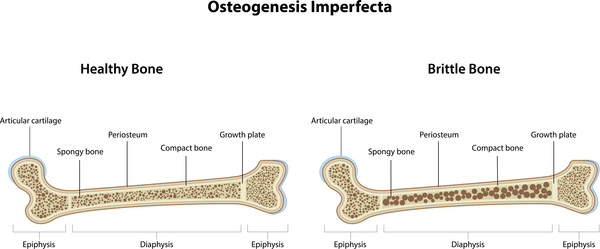Could centenarians have a stronger immune system as compared to the younger generation?

As we become older, our body’s unique blend of immune cells changes. These changes may have a role in a variety of age-related illnesses. The onset of age-related disorders like cancer, stroke, and coronary artery disease is often delayed in centenarians (people who live to at least 100 years). This has been revealed in an NIH-funded study.
It was noted in the study by researchers that the ratio of lymphocytes (a type of white blood cell that includes T cells and B cells) to myeloid cells (part of the innate immune system that includes monocytes and dendritic cells) decreased, which is a natural part of ageing. However, when compared to younger people, centenarians had more B cells (which produce antibodies) and fewer T helper cells (which help coordinate other immune cells). This was a centenarian-specific change that did not occur in older non-centenarians.

These changes suggest that the centenarians developed faster, more effective immune responses to illnesses across their lifetimes. B cells, for example, fight off infections quicker as compared to T cells.
Even though the results are preliminary, this may suggest that their immune systems have better longevity than the average person’s.






Responses